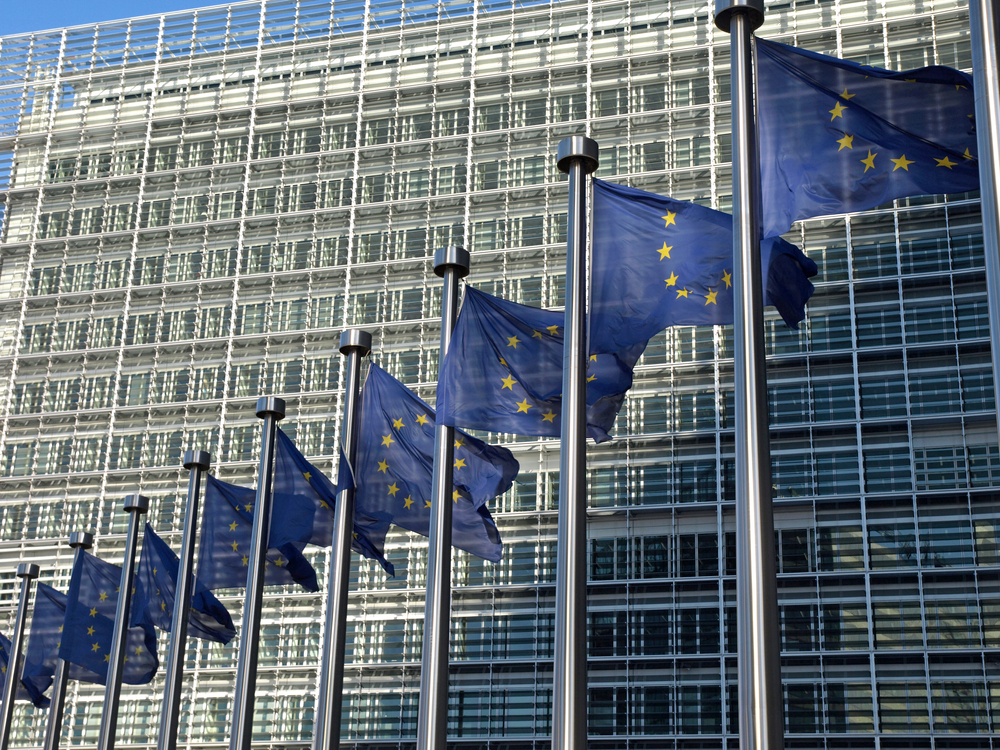Payment network TrueLayer has called on the European Union (EU) to integrate further Open Banking measures in its regulations to keep up the pace of instant payments.
TrueLayer has listed its recommendations to the EU in a new report, ‘Payments in the EU – Building better user experience through Open Banking & SEPA Instant’, which outlines how policymakers can build on these existing initiatives.
TrueLayer EU CEO, Joe Morley, said: “European policymakers have laid important foundations and infrastructure, in PSD2 and SEPA Instant, for faster, secure, and more cost-effective payments experiences for customers and businesses. But more work is needed.”
Whilst the roadmap for PSD3 was welcomed by the financial and payments sector, many companies cited more regulations needed for Open Banking.
This is a sentiment shared by TrueLayer as the firm calls on the EU to help businesses and consumers to access “safer, more convenient and faster” payments by building Open Banking regulations in the Payments Services Regulation (PSR) and the rapidly evolving Instant Payments Regulation (IPR).
Since its introduction in 2017, SEPA Instant has provided a European real-time system, but in February 2023 this accounted for just 14.2% of euro credit transfers, with the main consumer use until recently being manual bank transfers.
With open banking technology, SEPA Instant can be used by merchants and businesses, enabling them to accept instant payments for goods or services.
Morley added: “The rest of the world is moving fast. In Brazil, Pix payments are now used more than both credit and debit card payments combined. That is the model that the EU should follow in order to keep up: a modern, open, and dynamic system that promotes competition and works for both consumers and merchants.”
Some of the recommendation outlined by TrueLayer include:
- Focus on creating better user experiences by removing obstacles in open banking payment journeys
- Lowering the cost of instant payments for consumers by keeping fees low
- Improving competition in instant payments by granting fintechs access to payment systems on a proportionate and non-discriminatory basis
- Eliminating IBAN discrimination to create a true single European payments market
“It’s important that the Instant Payments Regulation is finalised soon so that work can begin on improving consumer access to SEPA Instant across Europe. Furthermore, the open banking changes in the Payments Services Regulation must focus on creating better user experiences,” concluded Morley.
“Together, these two elements will create exactly the type of domestic payment method that the EU has been looking for as an alternative to the card duopoly.
“Our report and recommendations put forward a blueprint for making this happen. We look forward to working closely with EU policymakers over the coming months in realising this vision.”























